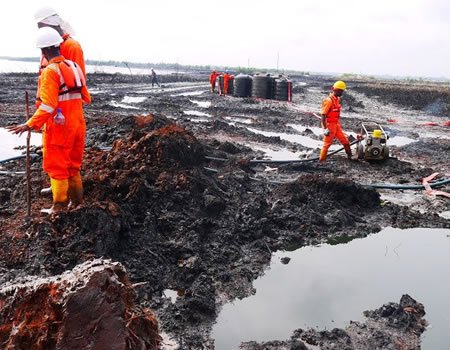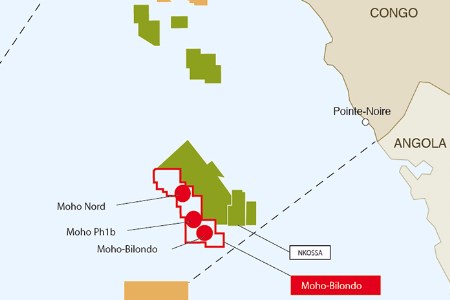
*Iran says Nigeria, Libya must join cut
*Kachikwu insists Nigeria’s production below set quota
OpeOluwani Akintayo
With Agency reports
25 September 2017, Sweetcrude, Lagos — Controversy has ensued on the exemption of Nigeria and Libya from the ongoing the Organisation of Petroleum Exporting Countries, OPEC/Non-OPEC production cuts, as Iran insists both countries must be made to join the cut for the agreement to be effective.
According to Iran’s Oil Minister, Bijan Namdar Zanganeh on Monday, the group needs to address rising output from Nigeria and Libya.
Compliance with the output cuts is “acceptable” but OPEC should focus on “the situation with Libya and Nigeria,” he said.
“OPEC’s actions are working and compliance is acceptable overall, although there needs to be some change,” Zanganeh said, referring to OPEC members’ compliance with their pledges to pump less. “Changes are really related to Libya and Nigeria and the 100 percent compliance of everyone.”
OPEC and other global producers including Russia agreed to maintain output cuts through March 2018 to end a price retreat that has hit their economies since 2014.
Iran was part of the deal reached last year, though it was given special permission to raise output by 90,000 barrels a day.
Libya and Nigeria were not part of the deal and have since increased production.
OPEC backs any action to help stabilize the oil market, and if a meeting is needed for the group to decide whether to extend the cuts that expire in March, “we’ll arrange it,” Zanganeh said.
Iran “will consider everything within the framework of our national interest and cooperation with OPEC,” he said when asked whether the country would adjust its output.
On Sunday, Kuwait’s Oil Minister, Essam al-Marzouq, had said OPEC will not focus on just production data anymore, but would also look into export data of member countries in order to curb supply and further boost prices.
His statement came on the heels of an agreement by OPEC officials during the meeting that exports have a more direct impact on the international supply than production.
According to him, the supply pact sets production limits for participating OPEC and non-OPEC states but puts no restrictions on export levels, giving chances for some producers to keep exports relatively high by dipping into their stored reserves.
Meanwhile, Nigeria’s Minister of States Petroleum and Resources, Ibe Kachikwu has insisted that Nigeria is pumping less OPEC’s set quota for the country.
Nigeria was at first exempted from the deal because its output was limited by unrest in the Niger Delta.
However, with production recovering, OPEC ministers agreed in July Nigeria would cap output at 1.8 million b/d.
Kachikwu said the country’s daily output is about an average of 1.69m b/d.
“The average is about 1.69 million bpd and it is getting better by the day,” Nigerian oil minister Emmanuel Ibe Kachikwu told reporters in Vienna, where he attended a meeting of OPEC and non-OPEC ministers to review the deal.
Asked when Nigeria was willing to join the supply limiting deal, the minister said the country already had, in effect.
“We’ve actually joined,” he said. “The reality is the cap we agreed on is 1.8 million b/d and as long as we are producing below that, we are already in it.”
According to him, no oil export streams in Nigeria remained under force majeure but infrastructure problems were preventing production exceeding 1.8 million b/d.
“A lot of it is infrastructure,” he said. “A lot of damage happened during the years of militancy.”



